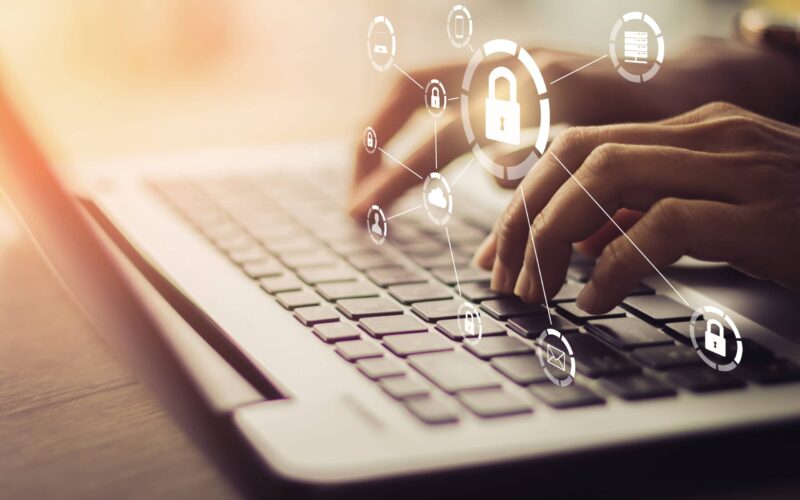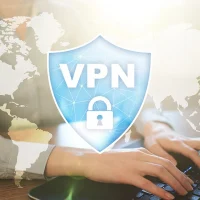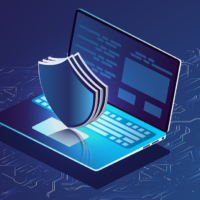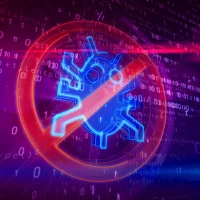Cybersecurity: Protecting Yourself in the Digital Age

The digital age has brought about many changes in the way we live and work. We have instant access to information, communication, and entertainment through our devices, but this also means that we are more vulnerable to cyber-attacks. Cybersecurity is an essential aspect of our online lives that cannot be ignored. In this article, we will explore the importance of cybersecurity and how you can protect yourself in the digital age.
What is Cybersecurity?
Cybersecurity refers to the protection of devices, networks, and data from unauthorized access, theft, or damage. Cybersecurity measures can help prevent cyber-attacks and mitigate the damage caused by them. Cyber attacks can take many forms, such as malware, phishing, ransomware, and denial-of-service attacks.
Why is Cybersecurity Important?
Cyber attacks can cause significant harm to individuals and businesses. Cybercriminals can steal sensitive information, such as personal and financial data, and use it for identity theft or financial gain. They can also cause damage to computer systems, making them unusable or disrupting operations. Cyber attacks can result in financial losses, legal liabilities, and damage to reputation.
Protecting Yourself in the Digital Age
There are several steps you can take to protect yourself from cyber attacks:
- Use Strong Passwords: Use strong passwords for all your accounts, and avoid using the same password for multiple accounts. A strong password should be at least eight characters long and include a mix of letters, numbers, and symbols.
- Keep Software Up to Date: Keep your operating system, antivirus software, and other programs up-to-date with the latest security updates. This will help prevent known vulnerabilities from being exploited.
- Use Two-Factor Authentication: Two-factor authentication adds an extra layer of security to your accounts by requiring a second form of authentication in addition to a password. This can be a fingerprint, a text message, or a code generated by an app.
- Be Cautious of Phishing Emails: Phishing emails are designed to trick you into giving away your personal information. Be cautious of emails that ask you to click on a link or provide sensitive information. Always check the sender’s email address and hover over links before clicking on them.
- Use Antivirus Software: Use antivirus software to protect your devices from malware and other cyber threats. Make sure to keep the software up-to-date and run regular scans.
- Back Up Your Data: Back up your data regularly to prevent data loss in the event of a cyber attack. This can be done through an external hard drive or cloud storage.
- Use Firewall Protection: A firewall is a network security system that monitors and controls incoming and outgoing network traffic. Use a firewall to prevent unauthorized access to your network.
- Educate Yourself: Educate yourself on cybersecurity best practices and stay informed about the latest threats and trends. Attend seminars or online courses, read cybersecurity blogs, and follow trusted sources on social media.
Conclusion
In conclusion, cybersecurity is an essential aspect of our online lives that cannot be ignored. Cyber attacks can cause significant harm to individuals and businesses, and it is our responsibility to protect ourselves. By following these cybersecurity best practices, we can reduce the risk of becoming a victim of cybercrime. Remember, prevention is key, so always be vigilant and stay informed.





